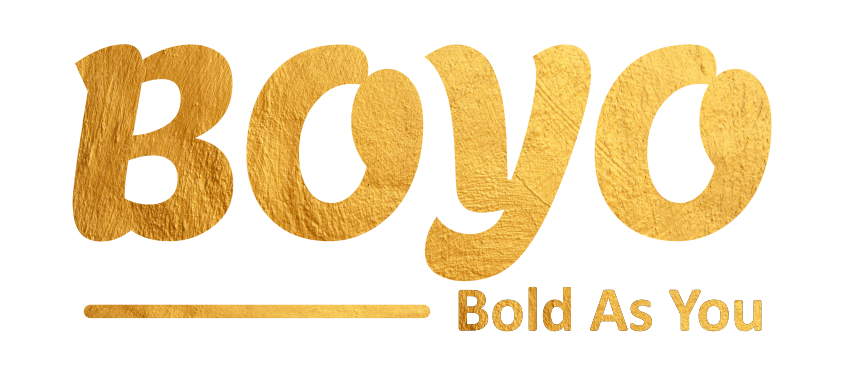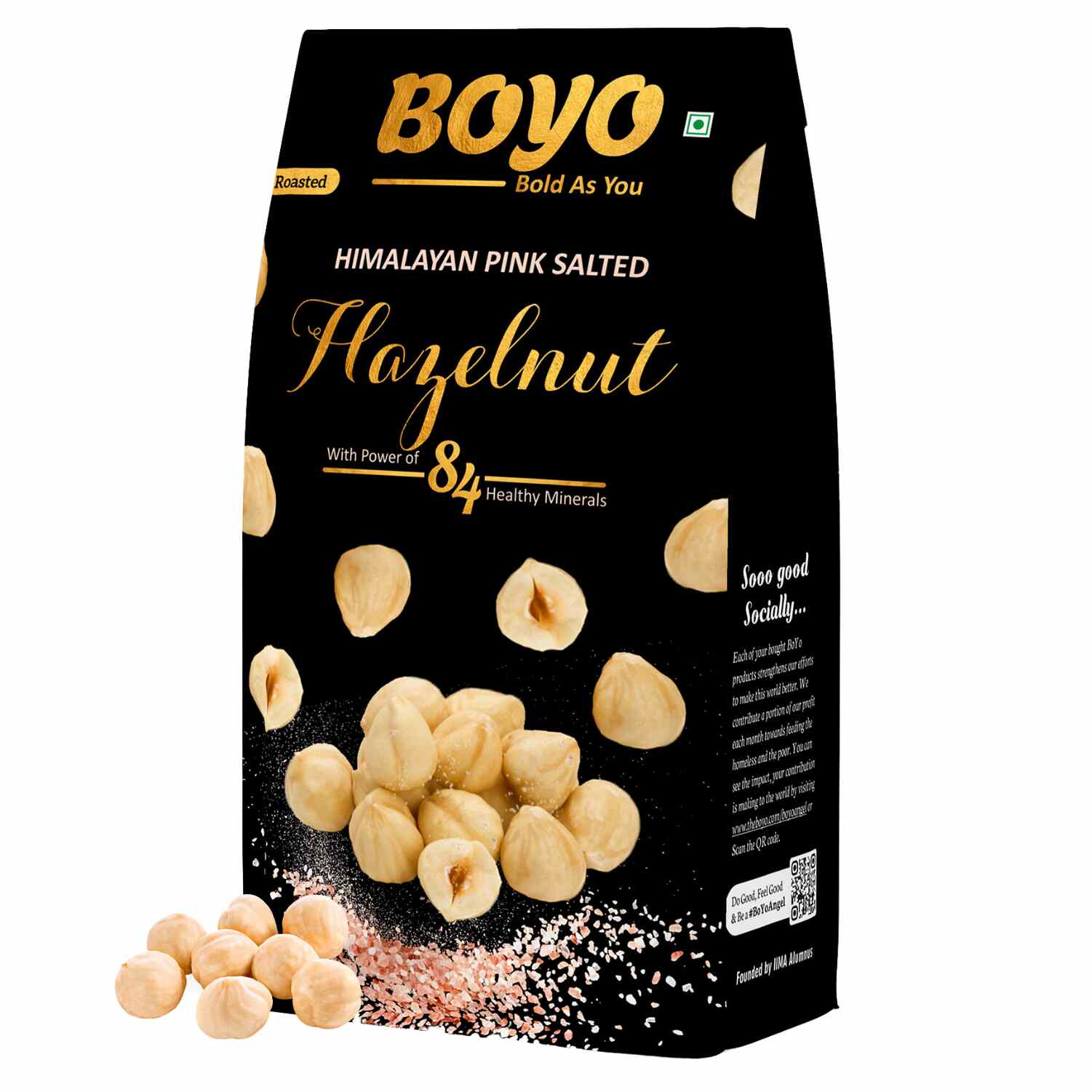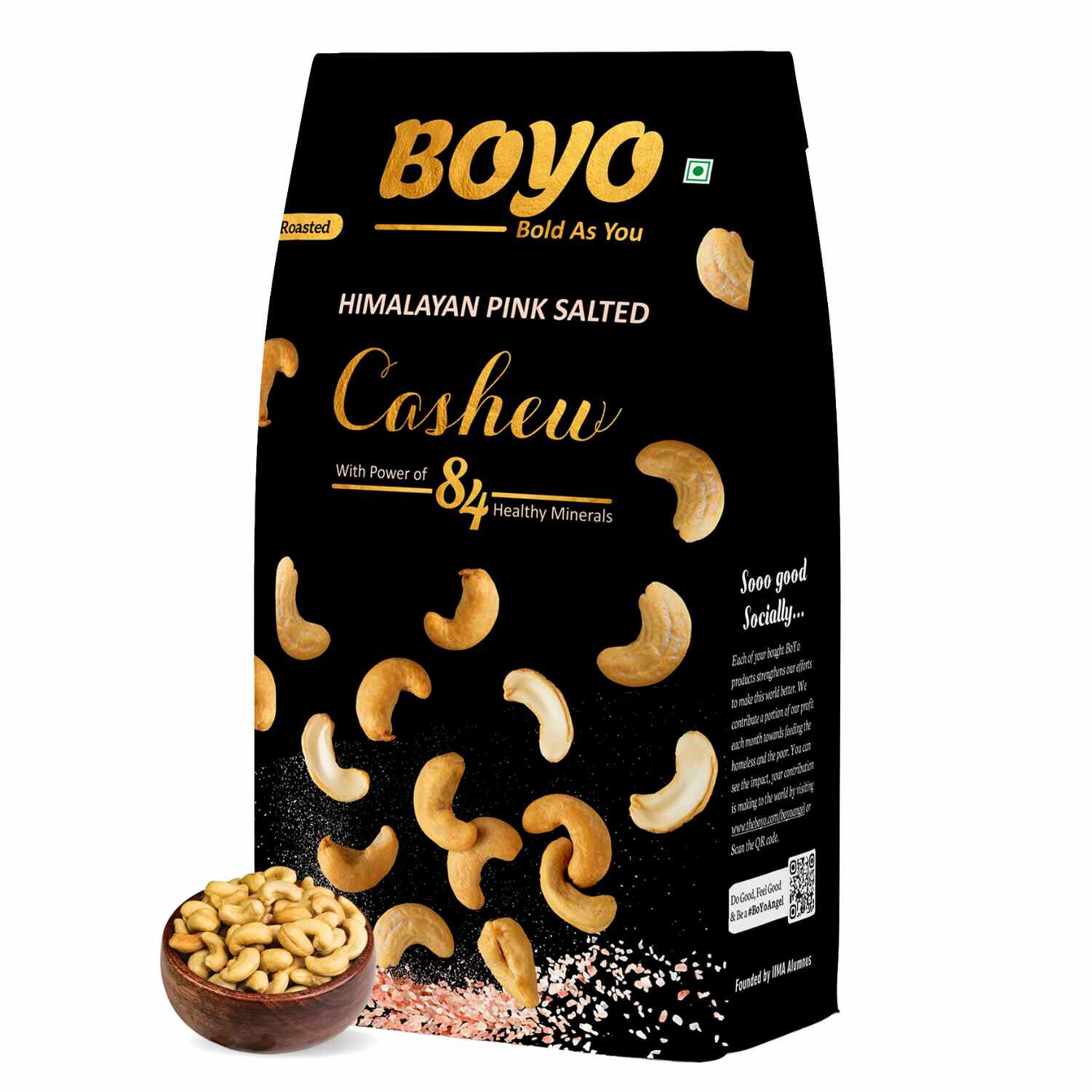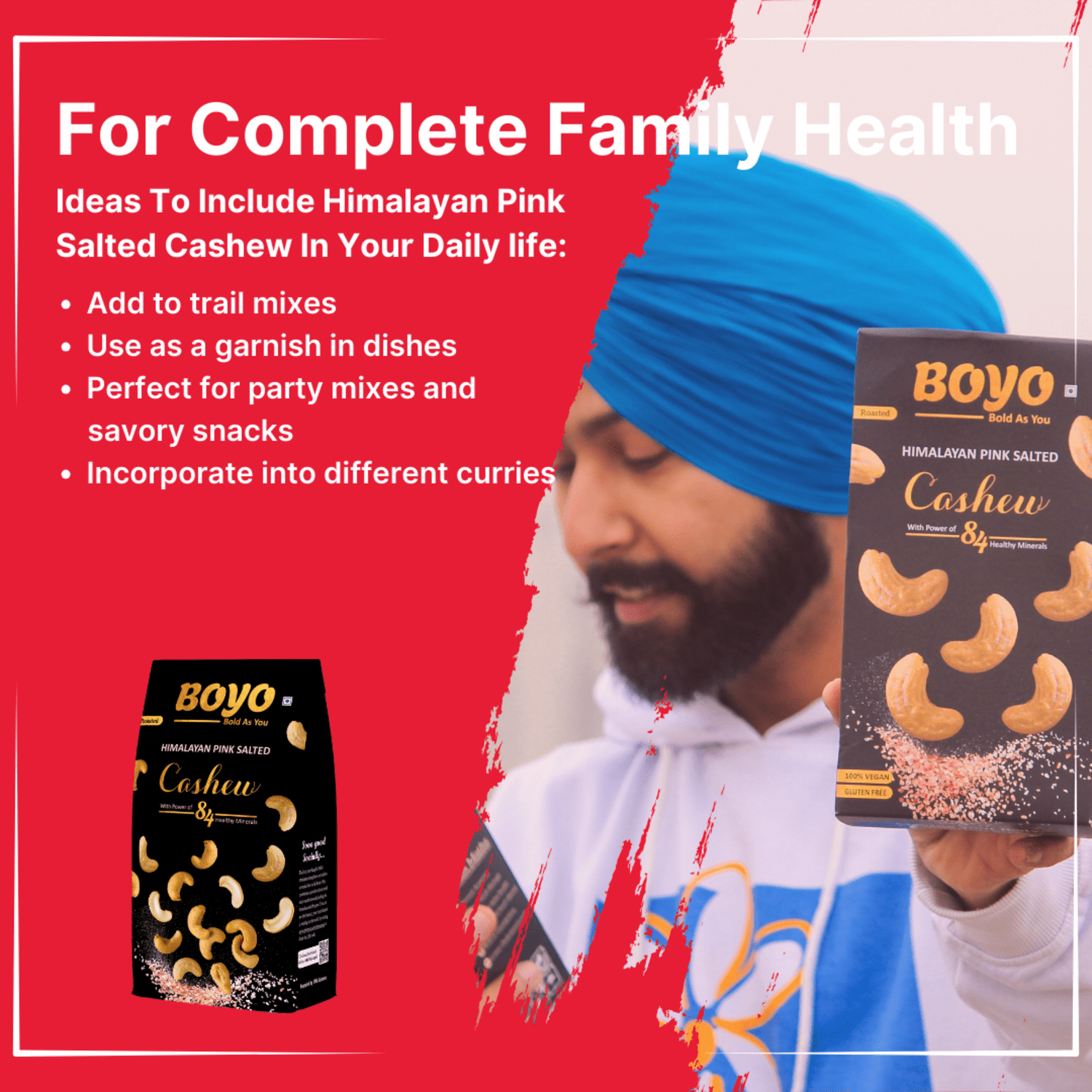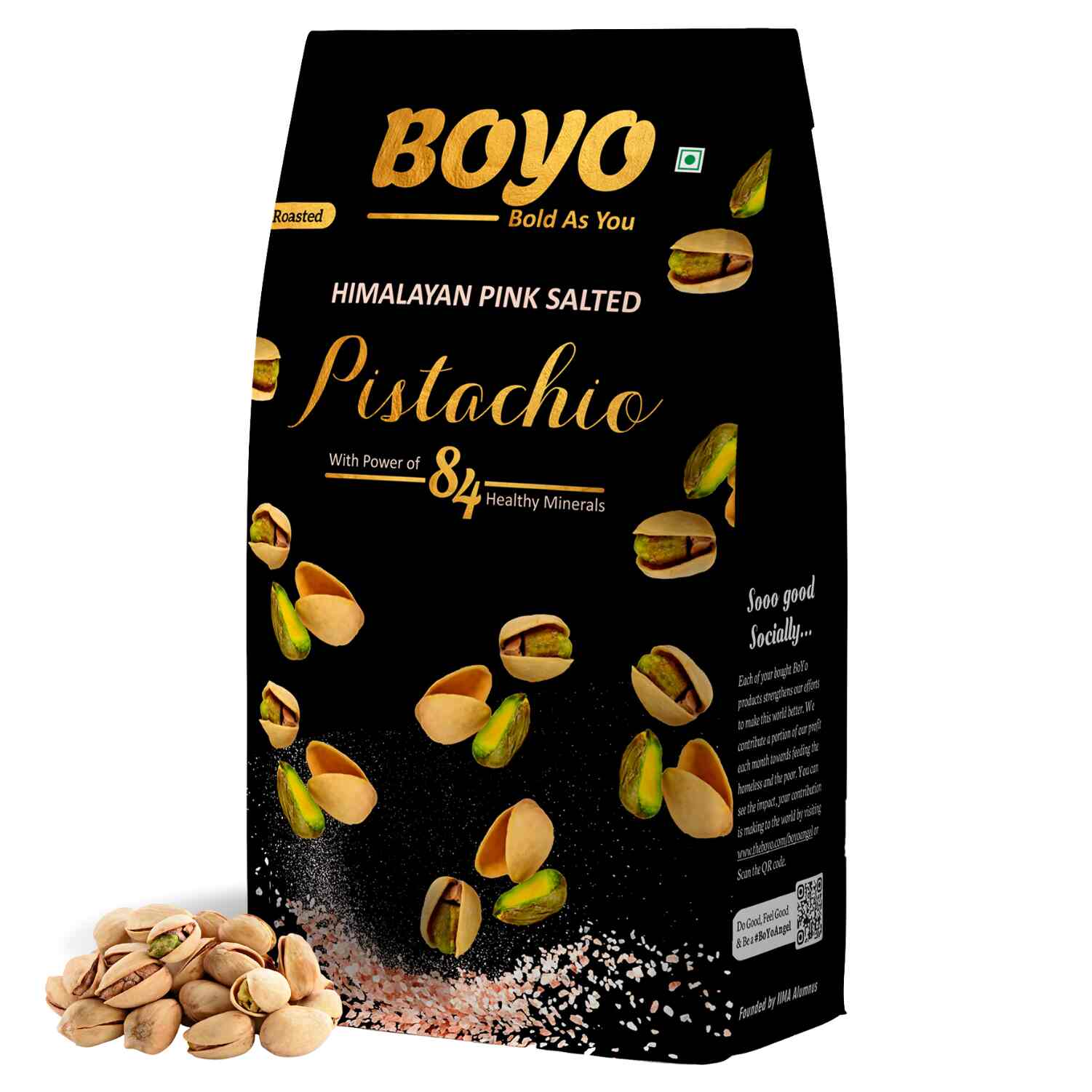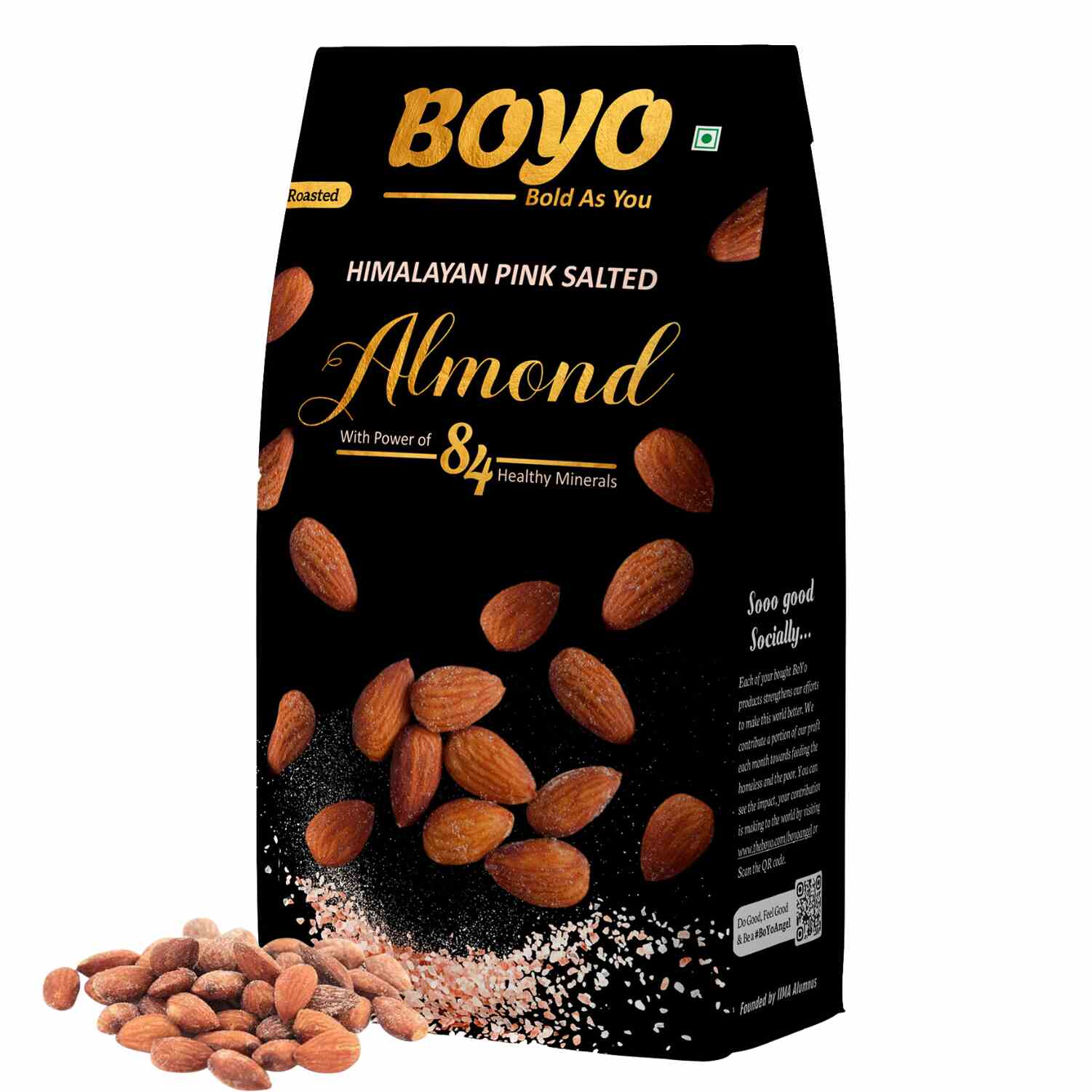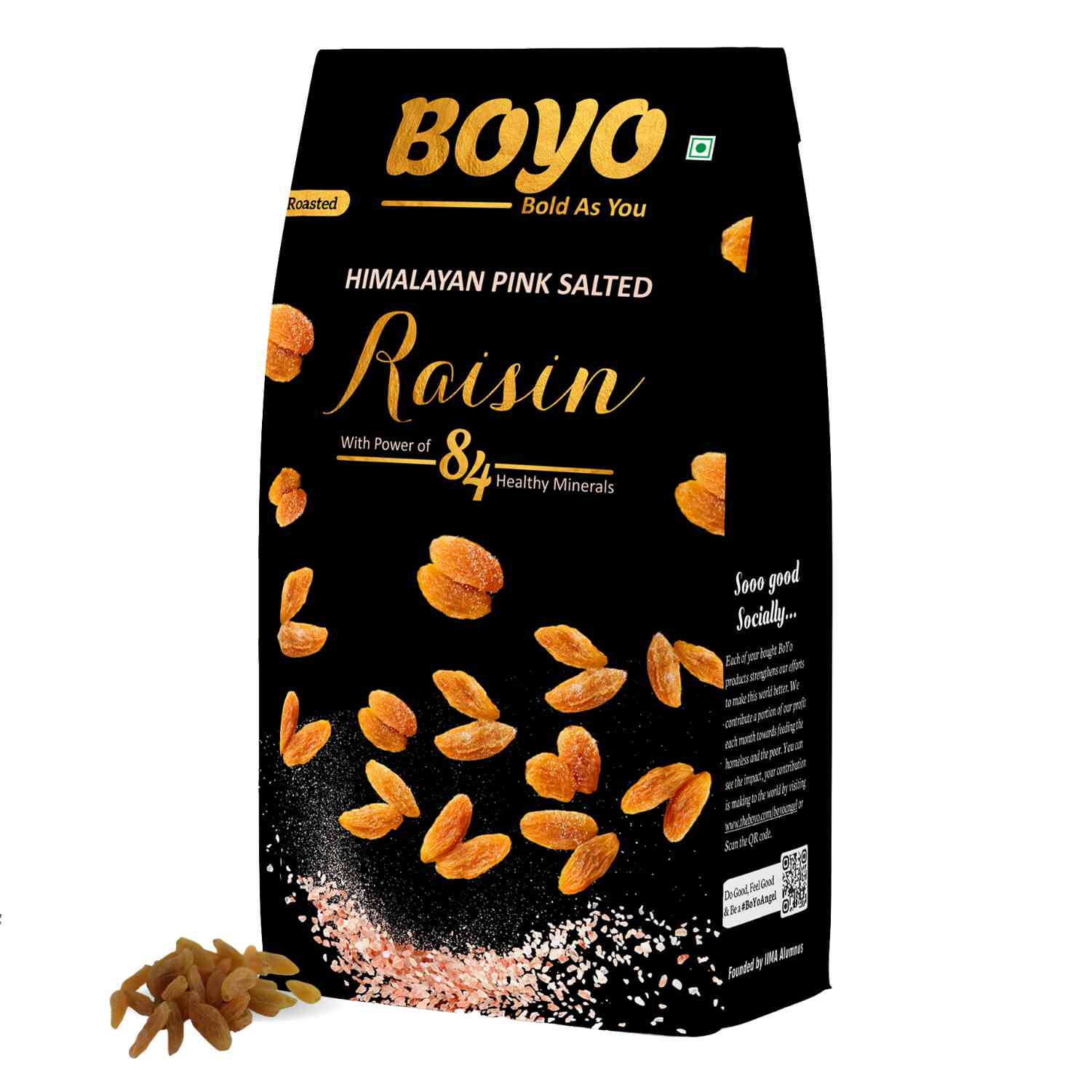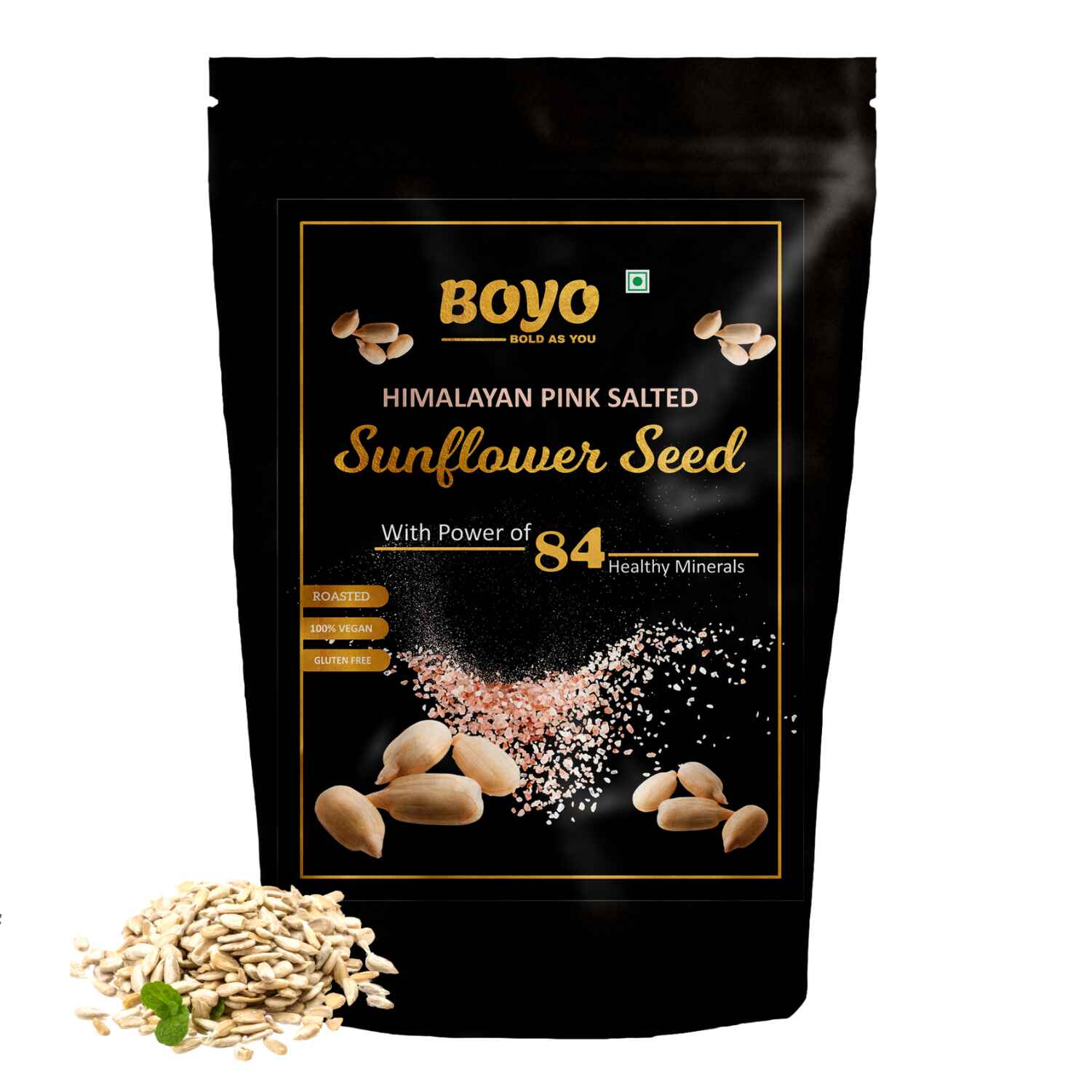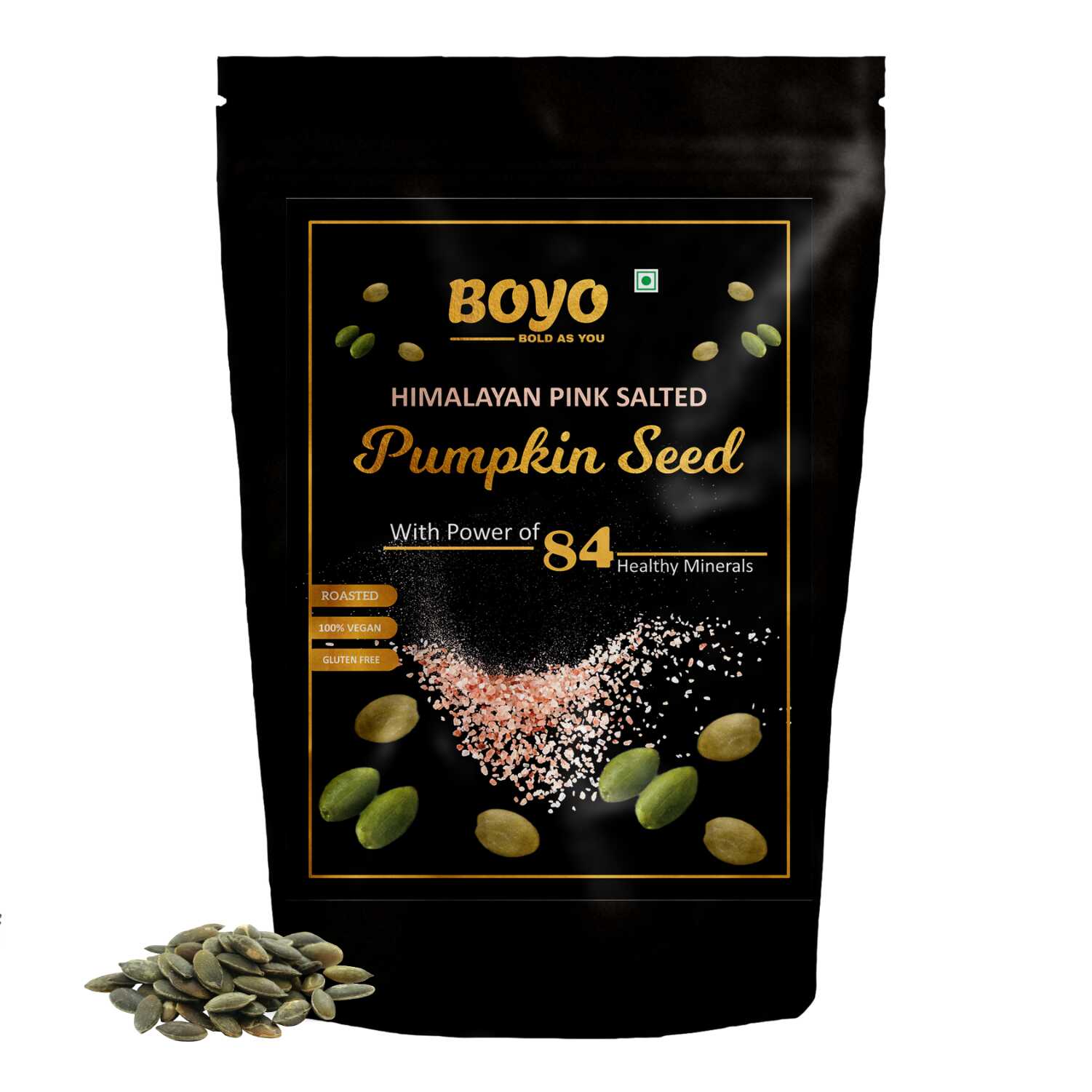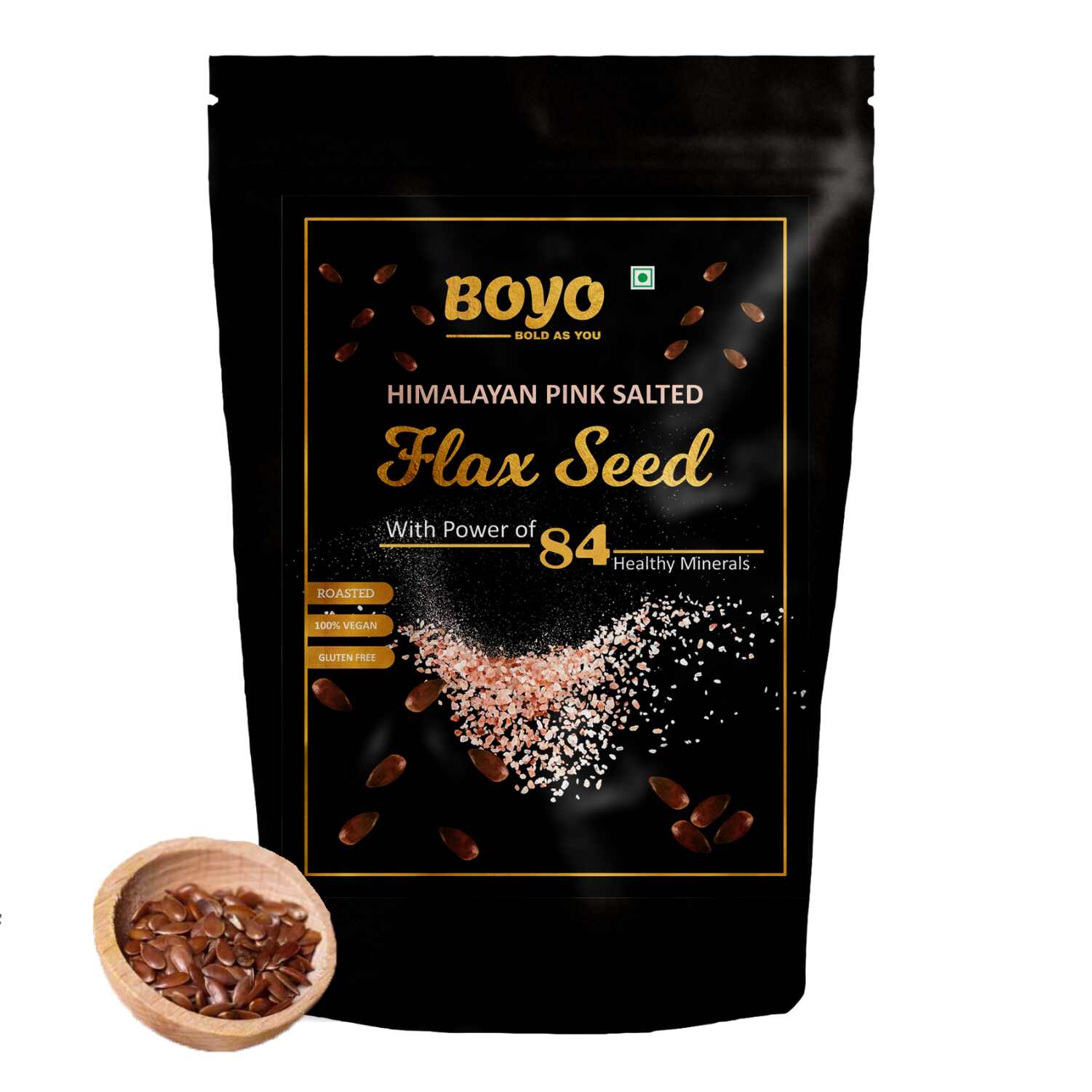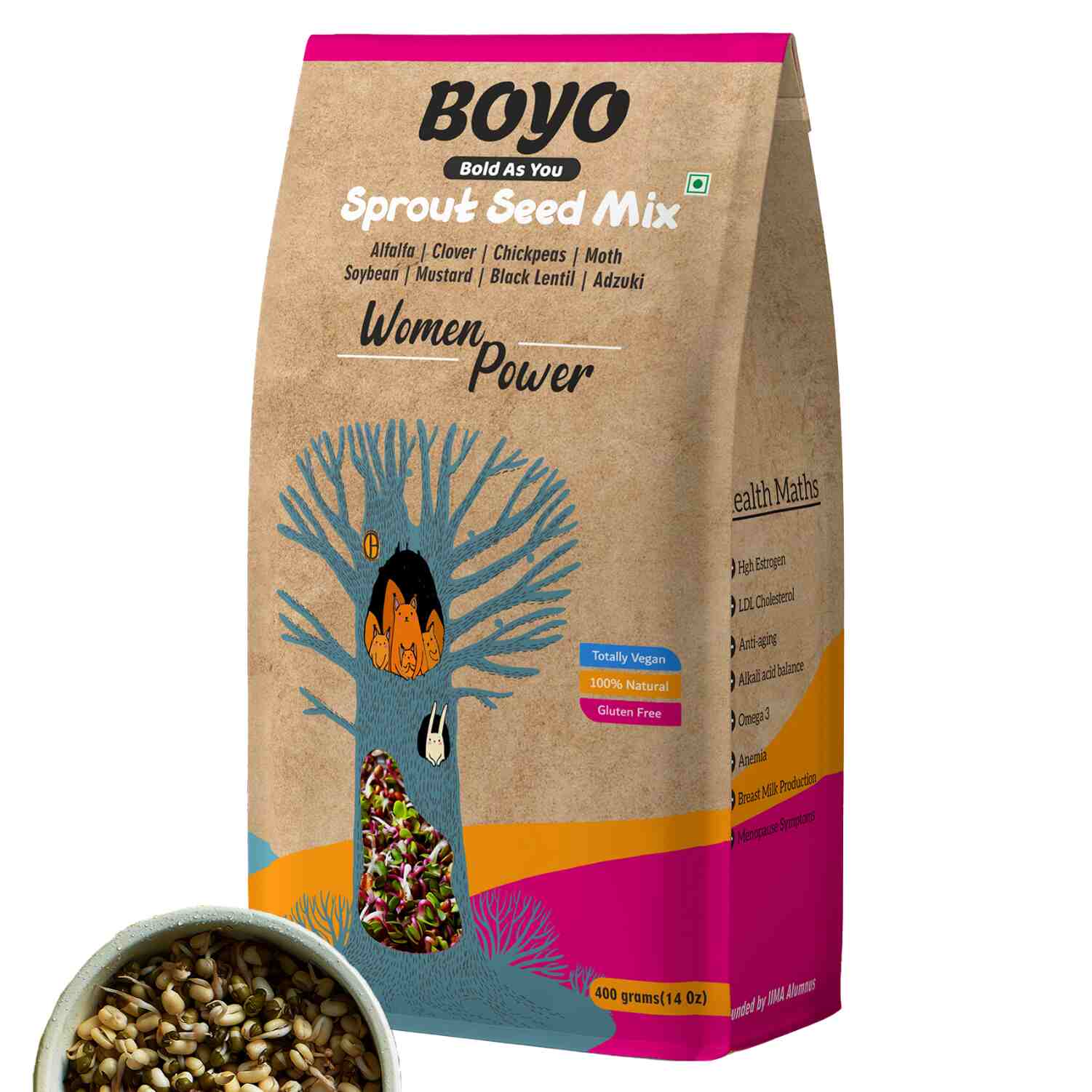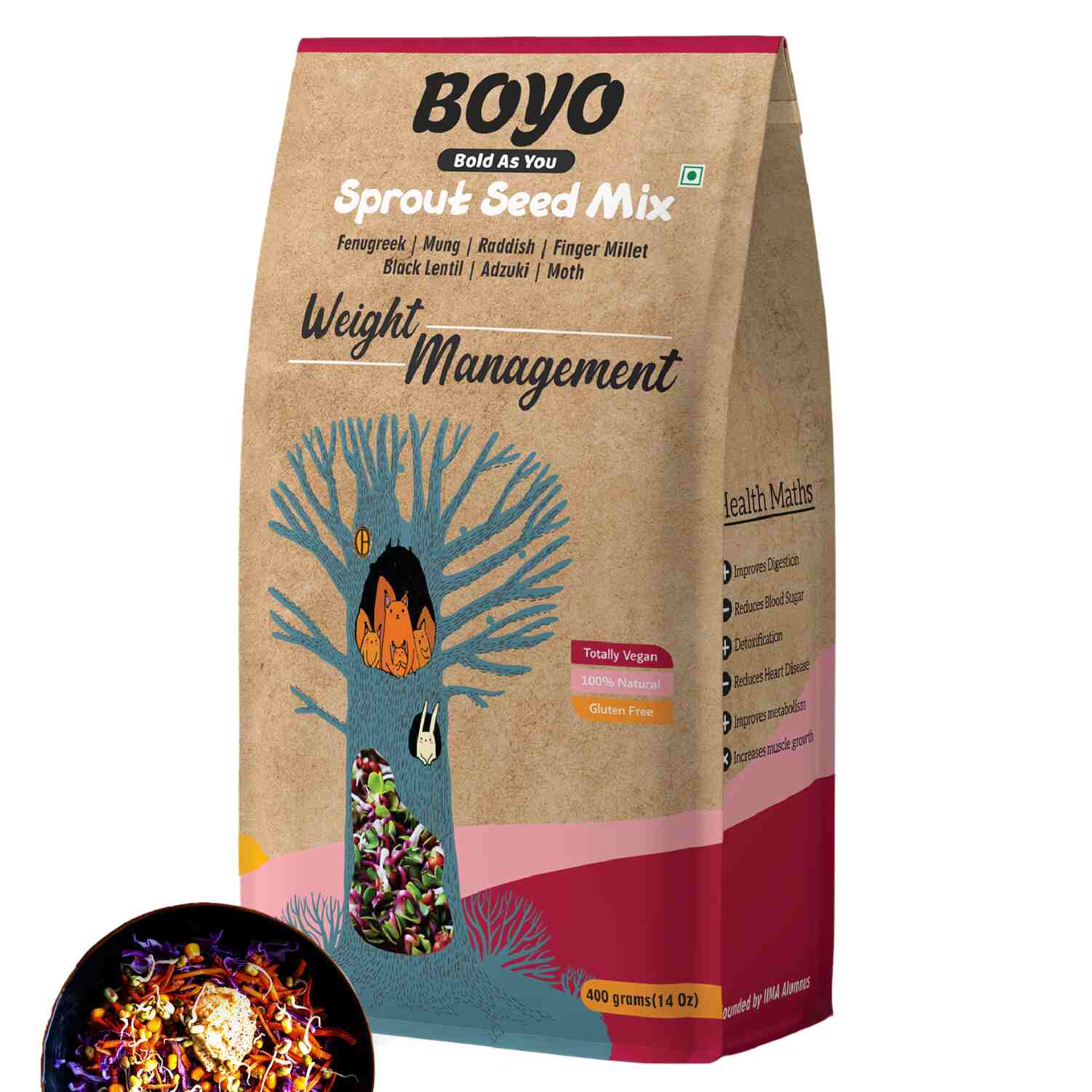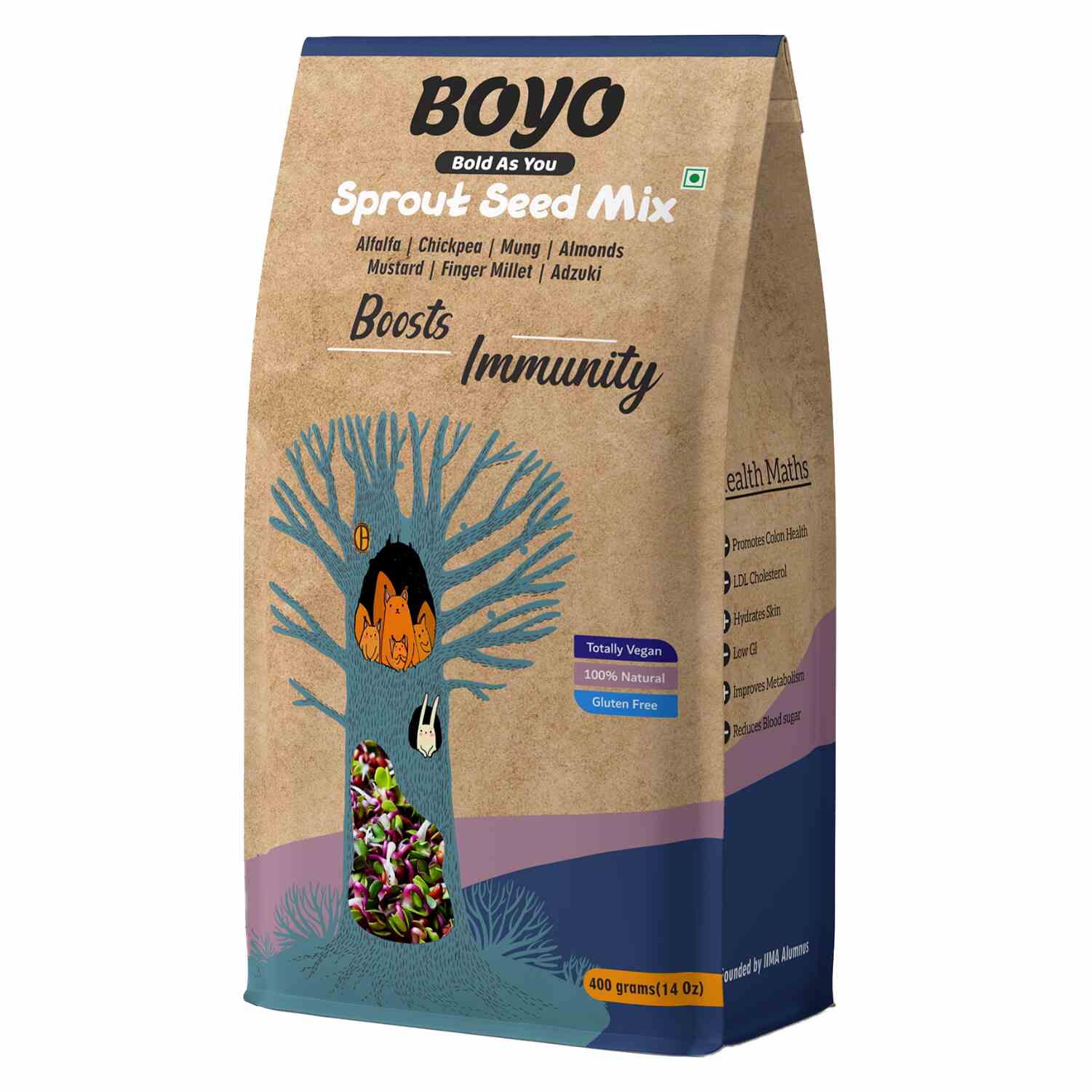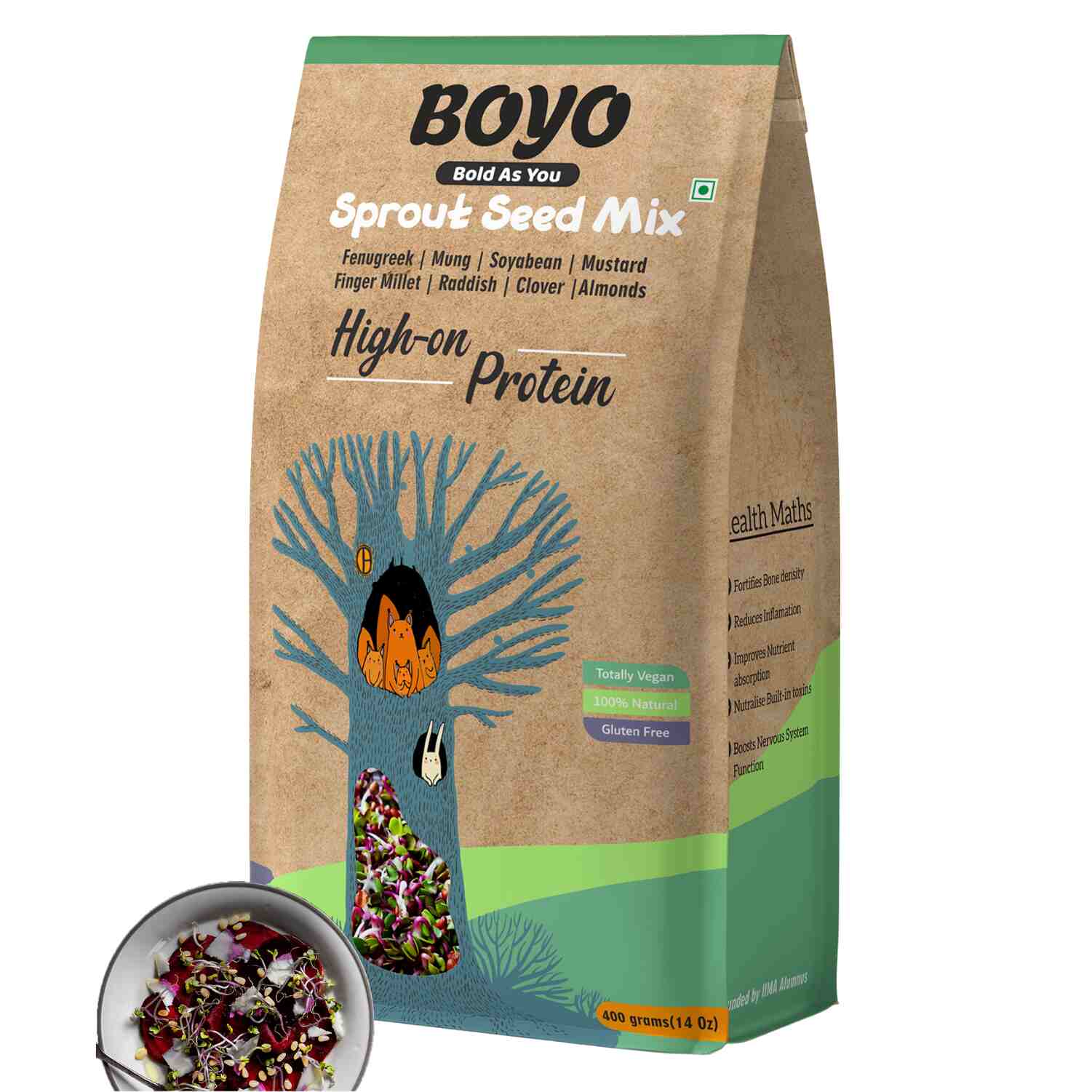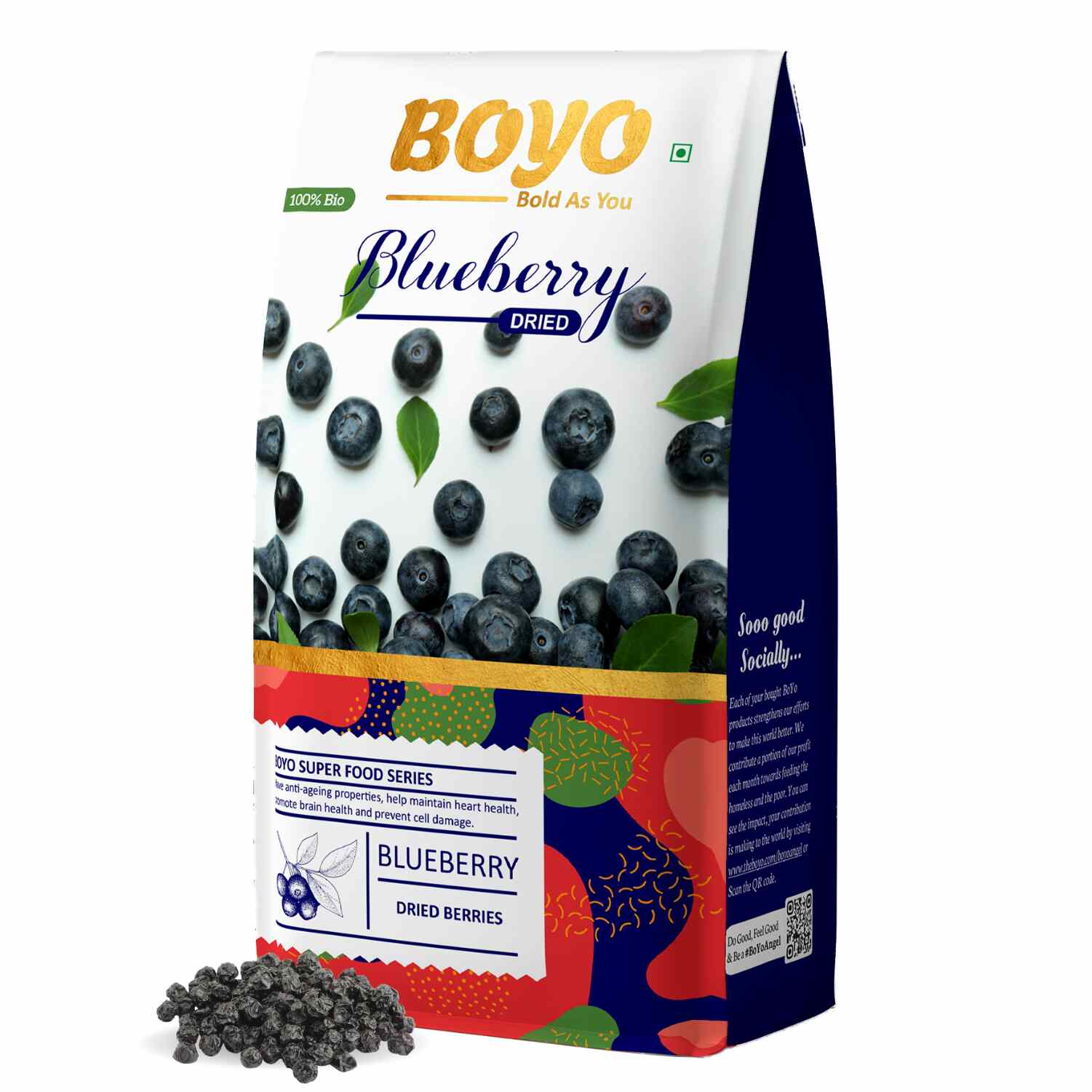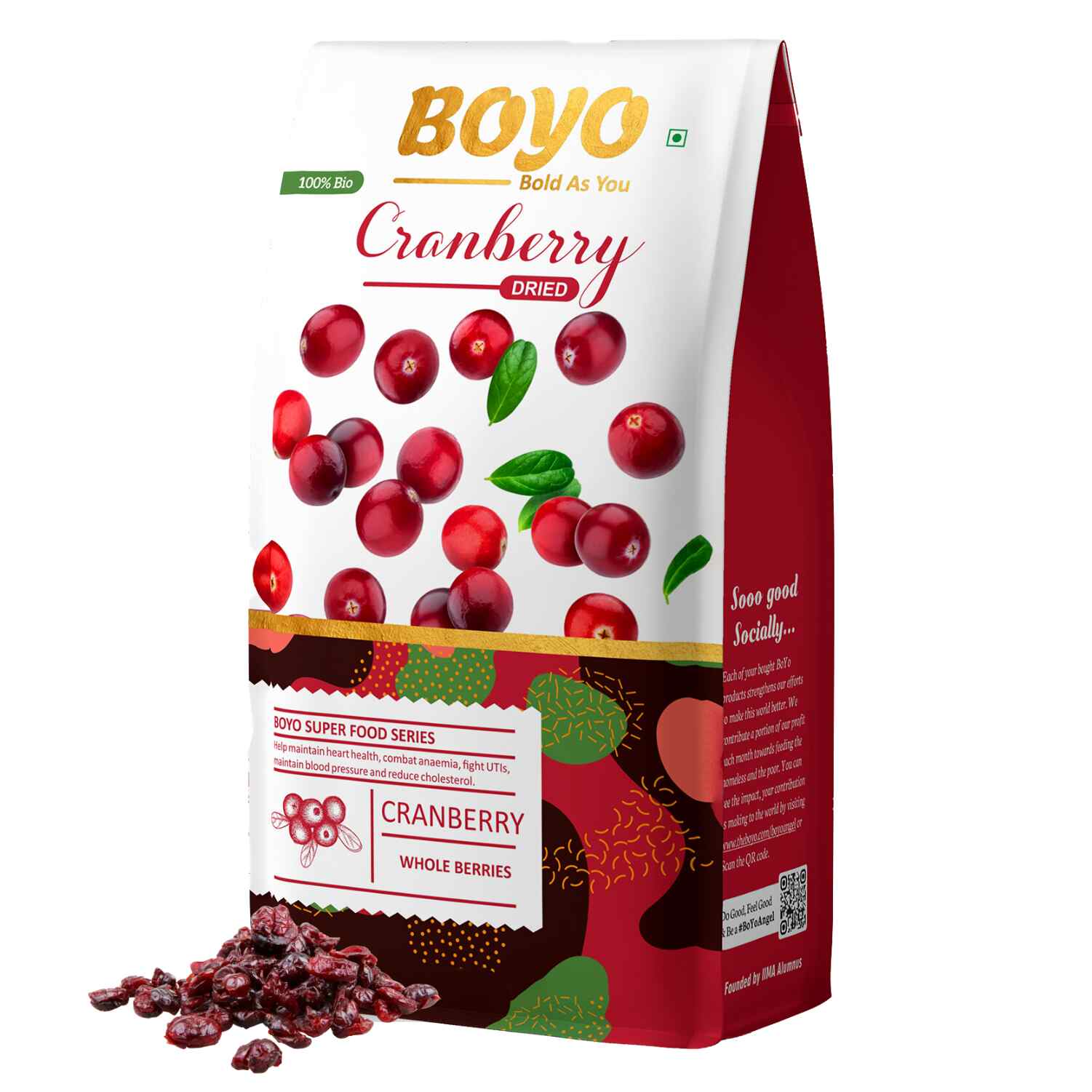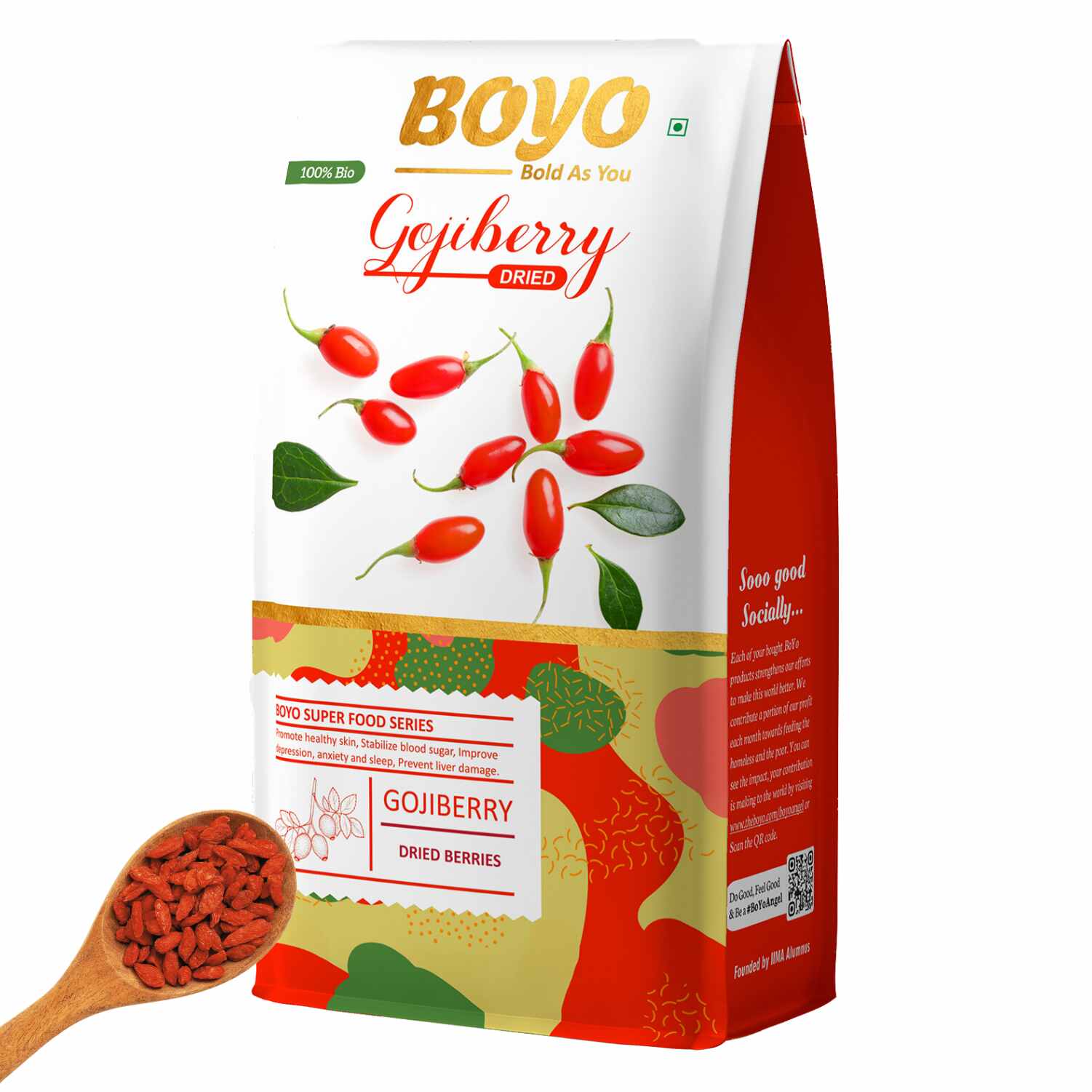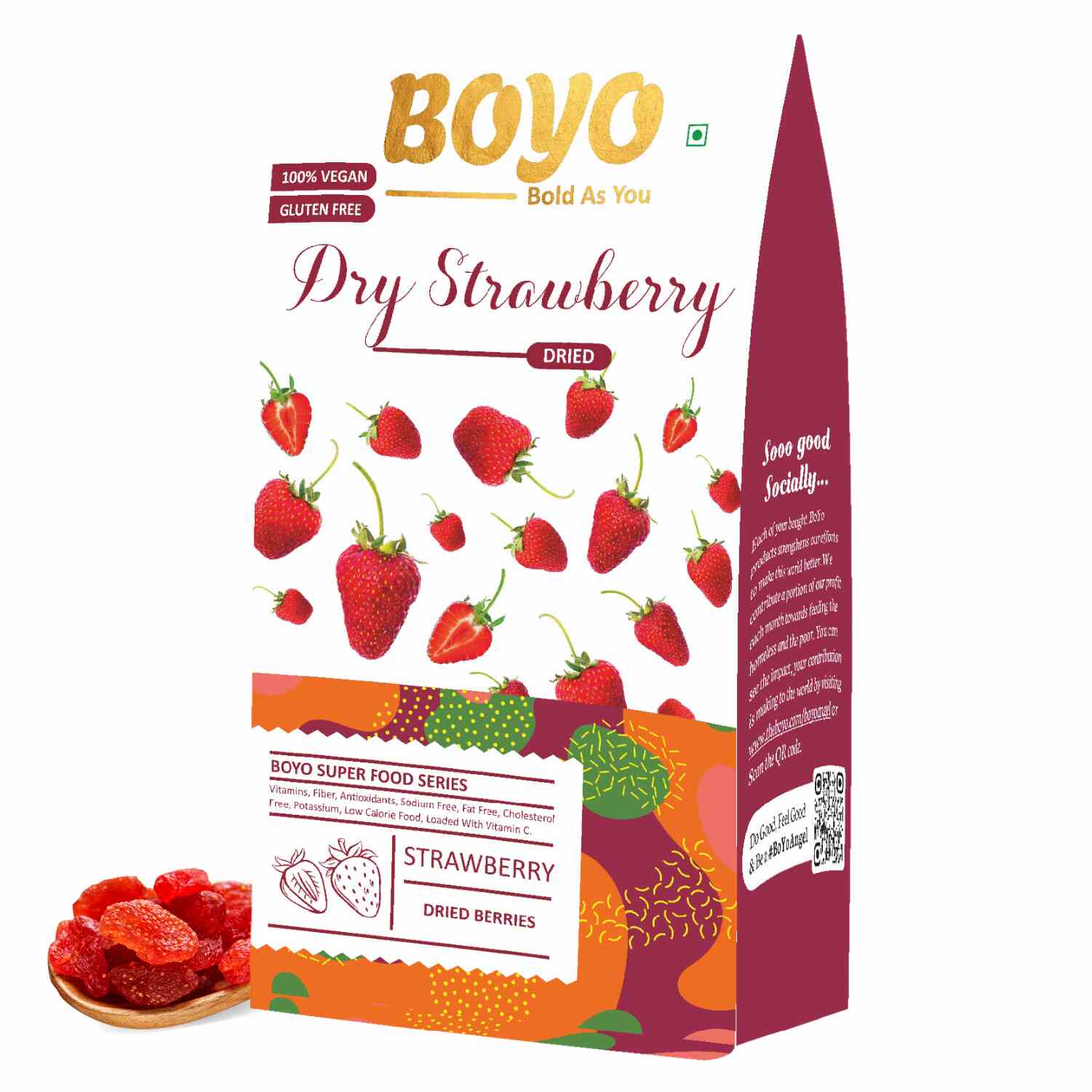Peanut butter is renowned for its high protein content, making it a valuable addition to any diet. Each serving (two tablespoons) provides approximately 7 to 8 grams of protein, which supports muscle growth and repair, immune function, and overall health. This plant-based protein source is especially beneficial for vegetarians, vegans, and anyone looking to diversify their protein sources. The protein in peanut butter is complemented by healthy fats and fiber, which enhance its nutritional profile and contribute to a feeling of fullness and satisfaction.
FAQ
What are the differences between creamy and crunchy peanut butter?
The primary difference between creamy and crunchy peanut butter is texture. Creamy peanut butter is smooth and has a consistent texture throughout, making it easy to spread. Crunchy peanut butter contains small pieces of peanuts, providing a satisfying crunch in every bite. Both types have similar nutritional profiles, so the choice between them depends on personal preference.
How much peanut butter should I eat daily?
The recommended serving size of peanut butter is typically two tablespoons, which provides a good balance of protein, healthy fats, and other nutrients without excessive calorie intake. It’s important to consider your overall dietary needs and activity level when determining how much peanut butter to consume daily. Moderation is key, as peanut butter is calorie-dense.
Can peanut butter be included in a low-carb diet?
Yes, peanut butter can be part of a low-carb diet. It is relatively low in carbohydrates, with about 6-7 grams of carbs per two-tablespoon serving. The protein and healthy fats in peanut butter can help you feel full and provide sustained energy. Just make sure to choose natural peanut butter without added sugars to keep carb intake low.
Does peanut butter have any environmental impacts?
The production of peanut butter, like many agricultural products, has environmental impacts. Peanuts are a legume that can improve soil health by fixing nitrogen, which can benefit crop rotation systems. However, the farming practices, processing, and transportation involved in peanut butter production contribute to its carbon footprint. Choosing brands that prioritize sustainable practices can help reduce environmental impact.
Can peanut butter go bad?
Yes, peanut butter can go bad, although it has a relatively long shelf life. Natural peanut butter, which lacks preservatives, may spoil faster than conventional varieties. Signs that peanut butter has gone bad include an off smell, changes in texture, or mold growth. Storing peanut butter in a cool, dry place and refrigerating natural varieties after opening can help extend its shelf life.












